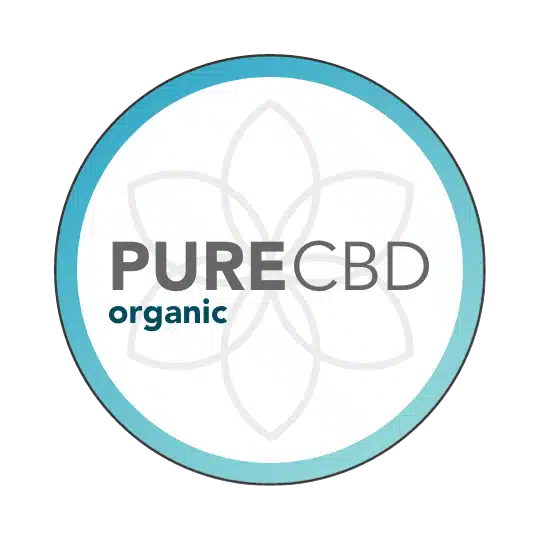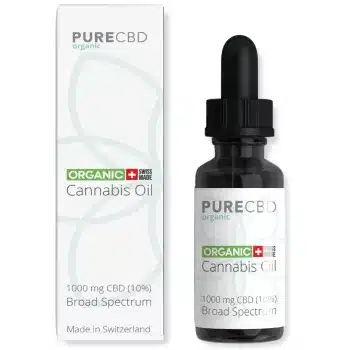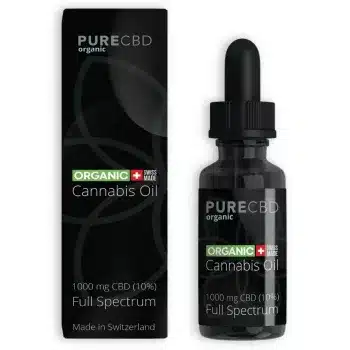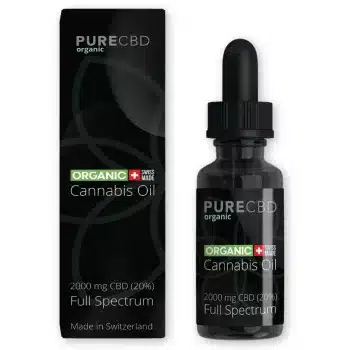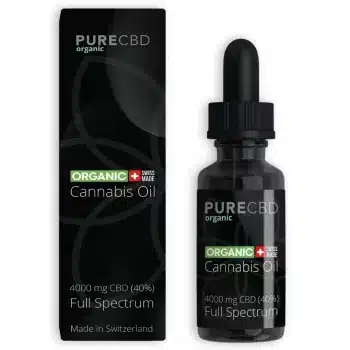No products in the cart.
Return To Shop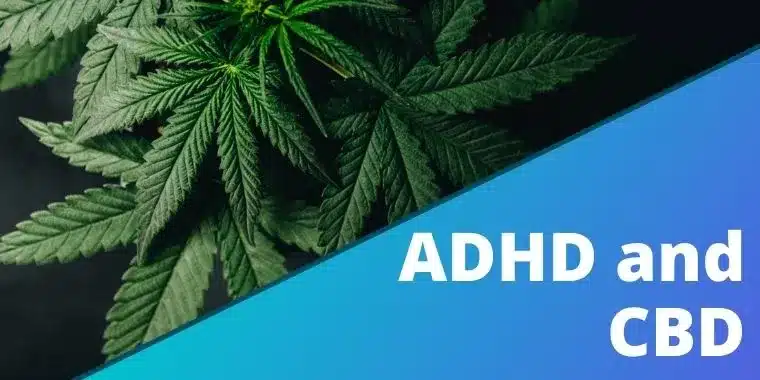
We all know someone with ADHD.
Around 1 in 20 people the world over suffer from attention-deficit hyperactivity disorder (ADHD) and most of them without you knowing it. Take Will Smith, Michael Phelps, Justin Timberlake, Jim Carrey, Michael Jordan and Cher – they’ve all gone public about an ADHD diagnosis, not that you noticed.
ADHD can cause a number of issues for you at your workplace, or for your child in school. Common problems include absenteeism, high error rates, poor concentration, interpersonal conflicts, lateness and lack of dependability. And yet looking at some names of the ADHD most famous list, it’s clear the diagnosis is not a negative trait. Managed well, it can become a blessing.
Since 2018 interest in CBD for managing ADHD symptoms has skyrocketed. Google Trends data shows that internet searches around ‘CBD for ADHD’ have matched increasing interest in ‘ADHD side effects of medication’. Indeed, parents of children with ADHD and adults with ADHD prefer to treat disorders without creating additional problems of mood swings, dizziness, nausea, reduced and even changes in growth – according to WebMD.
In this article we’ll look at what science says about taking CBD for ADHD. We’ll also look at a promising case study as well as guidelines for dosage and choosing quality CBD products.
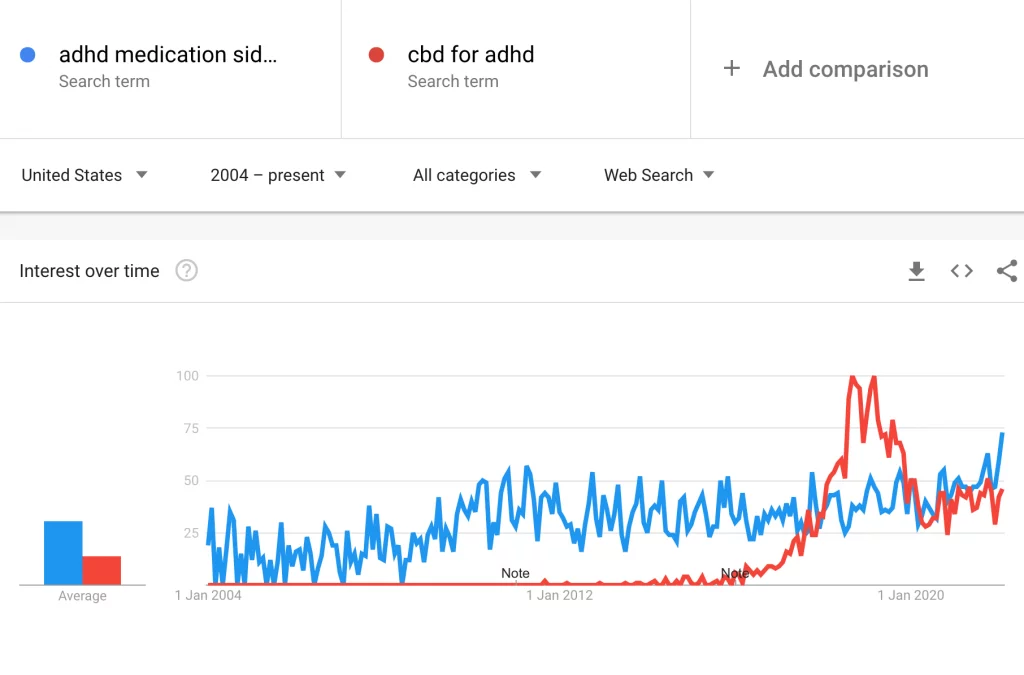
The science of CBD for ADHD
CBD research is still in its infancy. According to the Children and Adults with Attention Deficit/Hyperactivity Disorder (CHADD) organisation there are just two reputable studies on the effects of CBD on ADHD. Neither of the studies are conclusive – and one looked at cannabis use rather than CBD.
Here’s a breakdown of what they found:
- Cannabinoids in attention-deficit/hyperactivity disorder: A randomized-controllable trial. In this small study, researchers evaluated symptom levels in people with ADHD receiving CBD medication. Participants noted some improvement on impulsivity and hyperactivity, but barely any changes in cognitive function and symptom reduction. The research authors stressed that participants did not follow instructions to avoid other medications or alcohol, which could have affected results.
- Impact of ADHD and Cannabis Use on Executive Functioning in Young Adults. This study showed poor cognitive function in later life for young adults using cannabis before the age of 16 – including people with an ADHD diagnosis. Participants scored poorly on tests of working memory, verbal memory, decision-making and recall. The research authors did not look at CBD with low levels of THC, however.
While the last study may turn parents away, it’s worth noting that CBD is nothing like marijuana. Cannabis sold on the street can have a THC content up to 40% – compared with the 0.2% legal limit for CBD products in the US, the UK and the EU and Switzerland. One study comparing THC with CBD in the 1980s found that THC consumption made participants feel ‘feeble’, ‘withdrawn’ and ‘troubled’ whereas CBD made participants feel ‘quick-witted’, ‘clear-minded’ and ‘tranquil’.
Nevertheless, CHADD conclude their synopsis of CBD for ADHD research with the words of Joh Mitchell, PhD:
“There is efficacy for CBD in childhood epilepsy, but when you look at the literature for anything else, especially psychiatric disorders, there’s not strong support to say ‘yes, this should be a go-to treatment’. When people say CBD works for ADHD, this is going way beyond the data. That’s too big of a leap.”
Research is currently ongoing (for example, NYU is currently looking for 7-17 year olds with both ADHD and autism to investigate CBD as a medicine) and we hope for more updates soon.
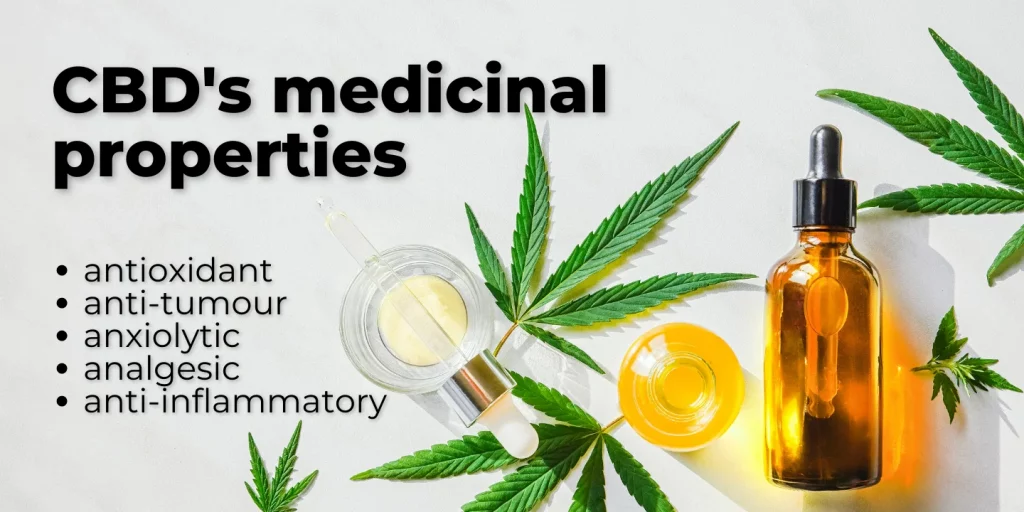
Anecdotal evidence – a case study on CBD for ADHD in children
Despite the lack of scientific evidence backing CBD for ADHD, interest is still sky high. This case study published on Scary Mommy captures all of the side-effects concerns and potential benefits for treating ADHD with CBD. The story is as follows:
- Worried parents get an ADHD diagnosis and OPP (oppositional defiant disorder) diagnosis for their six-year-old son following episodes of anger and aggression.
- Their child’s doctor suggests a combination of play therapy, medication and occupational therapy.
- The parents wanted to help their son but had concerns about ‘addictive trends’ related to the recommended medication, Adderall.
- The parents recognised limited research on CBD for ADHD, though noted studies proving benefits of CBD for epilepsy in children and in anxiety.
- The situation came to a head as the six-year-old son began influencing the couple’s three-year-old son.
- The parents decided to try CBD oil for both boys, buying a low-grade bottle of CBD oil at a grocery store.
- From the first sublingual drop of CBD oil both boys slept through the night for the first time in months.
- Brennden, the six-year-old, is now on 2 vials of 500mg CBD oil three times a day (sublingual) and Junior, the three-year-old, takes 2 vials of 1000mg CBD oil two times a day.
- Brennden has not stopped taking Adderall as it helps his concentration, though he is taking less.
- Through a combination of therapy, Adderall and CBD oil the parents have noticed improvements in their children in the following areas: better sleep, more balanced moods, healthier appetites, better eating habits, fewer tantrums, better focus at school, academic growth and healthier relationships with friends and siblings.
This case studies mirrors advice from the American Academy of Pediatrics (AAP) which recommends treating children aged 6-18 with FDA-approved medications alongside therapy and a wider support plan.
Dosage – how much CBD should you take for ADHD?
In the case study above, 1000mg of CBD oil generally means a 10% strength for the most common 10ml bottle size. The 500mg CBD oil mentioned above should mean a 5% strength in a 10ml bottle. According to common guidelines, you can administer 20 drops from 1ml and a recommended CBD oil serving is 3-6 drops. Assuming that Brennden is taking 3-6 drops of 5% strength CBD oil three times a day this would mean a dose of between 22.5mg to 45mg of CBD per day.
According to Open Access Government, a recommended guideline for children is only 2.5mg to 10mg daily for optimal effects. However, there is no known limit beyond which a child can overdose on CBD. In fact, a 2019 study on CBD for epilepsy in children recommended daily doses of 10-12mg of CBD per kg. For a six-year-old child weighing around 20kg, that could mean up to 240mg of CBD per day. The study found such a dose reduced seizures dramatically with no intoxication recorded in the children, who were aged 1 to 10.
While a lack of scientific guidelines can be disconcerting – especially for parents – it means that CBD doses can be experimented with and tailored to suit the needs of each person.
Side-effects of taking CBD for ADHD
CBD has a number of known side effects. These can include:
- Dry mouth
- Tiredness
- Change in appetite
- Lower blood pressure
- Diarrhoea (often caused by the carrier oil)
- Dizziness
At the same time, many scientific studies have examined the risks of growth changes in children taking ADHD medication. The Addiction Centre also reads that common ADHD medication Adderall comes with a ‘high risk’ of addiction and abuse. While CBD is not known to cause severe side effects such as toxicity or addiction, it’s worth recognising the side effects. You can read more about CBD’s medicinal properties and side effects here.
Another area of concern is interactions between CBD and other medicines. For example, certain medications known as ‘prodrugs’ can have complications with CBD. Lisdexamfetamine (branded as Concerta) is an ADHD medication and a ‘prodrug’ that needs to be metabolised into therapeutic compounds in the liver before having beneficial effects. Taking CBD however can inhibit the amounts of active drug compounds becoming available in the body. You can read more about CBD and drug interactions here.
Final words
As scientific studies are not yet conclusive on taking CBD for ADHD – particularly in children – any advice here is anecdotal. Medical guidelines suggest people with ADHD should not think of CBD as a replacement for other medications. Anyone thinking of taking CBD for ADHD, or for their child’s, should consult their doctor or physician.
